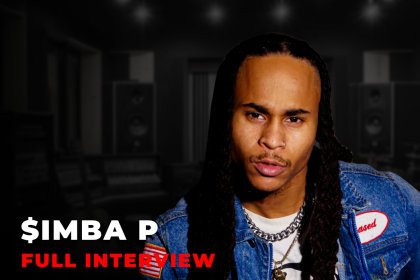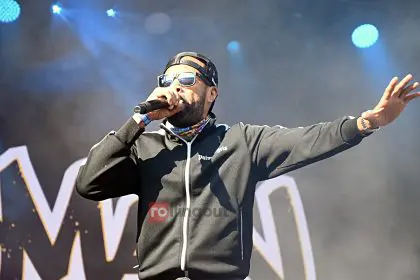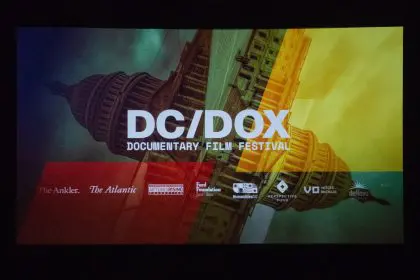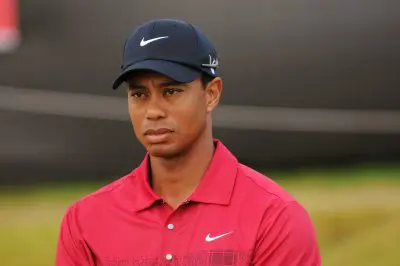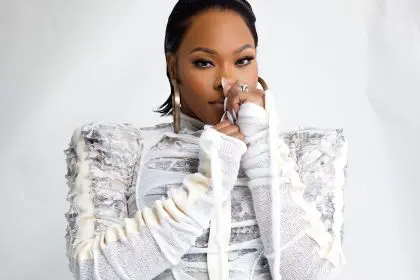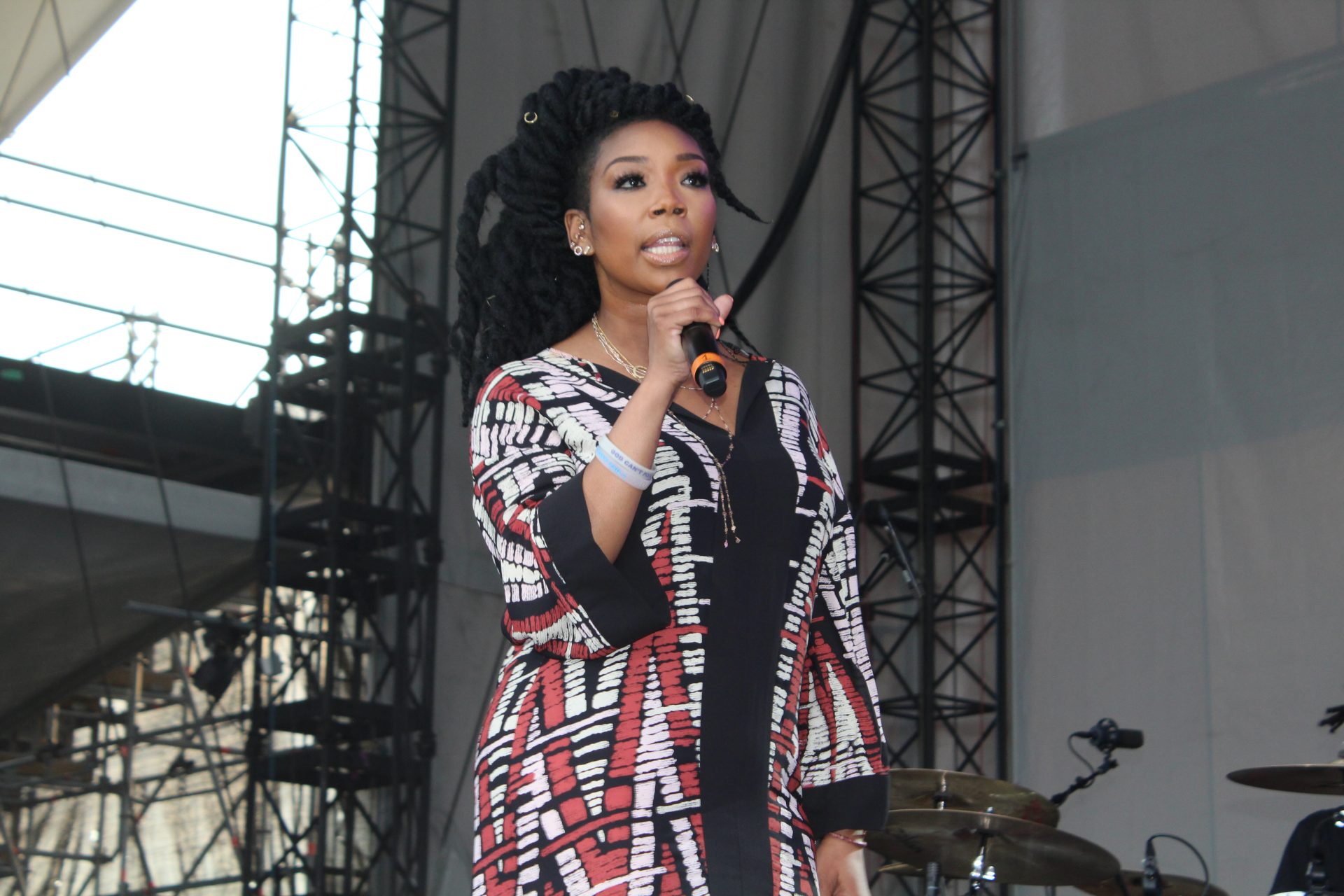
Really quick — who are the most important 90’s hip-hop producers? Most hip-hop fans will trot out the usual suspects: Dr. Dre, DJ Premier, Pete Rock, RZA, etc. One name that you are likely to never hear mentioned is a man who was as prolific and as significant as all of those legendary beat makers of the Clinton era. That man is the Green-Eyed Bandit, better known as Erick Sermon.
 Sermon, of course, came to prominence in 1988 as half of the duo EPMD. Sermon and Parrish Smith became one of the most revered acts in East Coast hip-hop with their distinctively monotone raps and unflinchingly underground aesthetic; and they came to the fore at a time when hip-hop was becoming more and more mainstream, yet they defiantly flaunted their “outsider” status. The secret weapon in the duo’s arsenal, more than anything, was Sermon’s flair for production. Ironically, for an act that was so staunchly underground, Erick Sermon rose to fame because he crafted beats that were undeniably accessible, if not outright slick. The tracks on EPMD’s classic 1988 debut Strictly Business, feature the kind of loops and layers that producers like the Hitmen and Trackmasterz would use to storm the pop charts seven years later. Sermon, as a producer, was almost a decade ahead of the curve. At a time when hip-hop beats were becoming increasingly noisy and utilizing a barrage of samples (a la Public Enemy’s Bomb Squad, the Dust Brothers’ work with the Beastie Boys and, to a lesser extent, De La Soul’s early albums); Sermon preferred recognizable loops. He sampled everything from Zapp to Kool and the Gang to the Steve Miller Band.
Sermon, of course, came to prominence in 1988 as half of the duo EPMD. Sermon and Parrish Smith became one of the most revered acts in East Coast hip-hop with their distinctively monotone raps and unflinchingly underground aesthetic; and they came to the fore at a time when hip-hop was becoming more and more mainstream, yet they defiantly flaunted their “outsider” status. The secret weapon in the duo’s arsenal, more than anything, was Sermon’s flair for production. Ironically, for an act that was so staunchly underground, Erick Sermon rose to fame because he crafted beats that were undeniably accessible, if not outright slick. The tracks on EPMD’s classic 1988 debut Strictly Business, feature the kind of loops and layers that producers like the Hitmen and Trackmasterz would use to storm the pop charts seven years later. Sermon, as a producer, was almost a decade ahead of the curve. At a time when hip-hop beats were becoming increasingly noisy and utilizing a barrage of samples (a la Public Enemy’s Bomb Squad, the Dust Brothers’ work with the Beastie Boys and, to a lesser extent, De La Soul’s early albums); Sermon preferred recognizable loops. He sampled everything from Zapp to Kool and the Gang to the Steve Miller Band.
Redman’s 1992 debut Whut? Thee Album introduced him as one of hardcore hip-hop’s biggest personalities, and it further established Erick Sermon as one of the East Coast’s defining producers. Singles like “Time 4 Sum Aksion” and “Tonight’s the Night,” set the stage for Redman’s successful run throughout the 1990s, but Sermon’s own group was in the midst of falling apart. After four hit albums, money issues had raised tensions between Sermon and Parrish Smith; to the point that Sermon sent men to Smith’s home to rob him after he was led to believe Smith had swindled him out of royalties and other monies. The incident directly led to the breakup of the duo.
Despite that setback, Sermon pushed on, launching his solo career in 1993 with No Pressure. A year later, another one of Sermon’s crew (which he had now dubbed the “Def Squad”) emerged as a star of hardcore East Coast hip-hop: the verbose and volatile Keith Murray. Murray’s Sermon-produced debut single, “The Most Beautifullest Thing In This World,” became a hit on the hip-hop charts and his album of the same went gold. With or without EPMD, Erick Sermon was now unquestionably one of hip-hop’s most consistent and successful producers.
 In the years that followed, Sermon produced hits for the likes of LL Cool J (“4,3,2,1”), Method Man & Redman as a duo (“Blackout,” “How High”) and even R&B act SWV (“On & On.”) He and Parrish Smith finally reunited in 1997 with Back In Business, and he, Redman and Murray released a cover of the Sugarhill Gang’s “Rapper’s Delight” in 1998 as The Def Squad.
In the years that followed, Sermon produced hits for the likes of LL Cool J (“4,3,2,1”), Method Man & Redman as a duo (“Blackout,” “How High”) and even R&B act SWV (“On & On.”) He and Parrish Smith finally reunited in 1997 with Back In Business, and he, Redman and Murray released a cover of the Sugarhill Gang’s “Rapper’s Delight” in 1998 as The Def Squad.
He finally landed his own solo hit in 2001 with the release of “Music” from his album of the same name; a smash single that memorably sampled an outtake from Marvin Gaye’s 1982 sessions for Gaye’s final album, Sexual Healing. Sermon and Smith still record and perform as EPMD and their legacy as a duo is without question celebrated and acknowledged in hip-hop circles. But as a producer, we tend to forget the greatness of Erick Sermon, and that’s a shame. Because for almost 15 years, he was in the business of making innovative and genre-defining hip-hop records.

